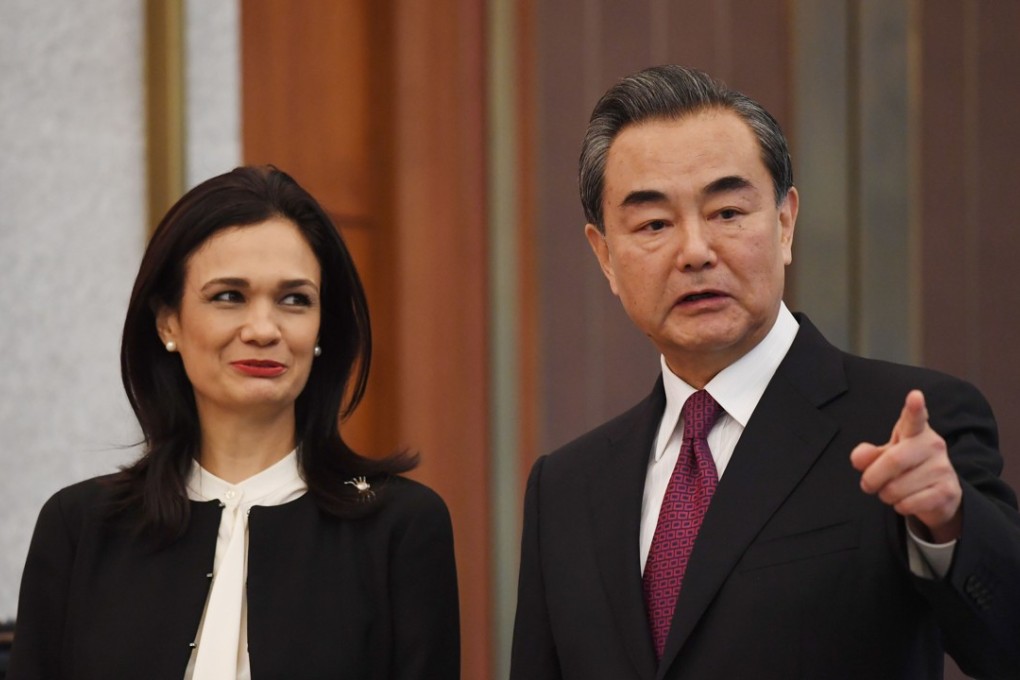Panama’s ditching of Taiwan is ‘latest sign that Beijing means business’
Analysts see the move to cut ties with Taiwan as evidence cross-strait relations will remain frosty

Panama, a small Central American nation that tilted the balance of cross-strait relations further against Taipei by switching its official recognition to Beijing on Tuesday, actually first attempted to do so nearly a decade ago.
Panama’s decision leaves Taiwan with only 20 allies, in terms of countries with which it has formal ties.
Diplomatic observers noted that the timing of Panama’s decision was likely to have been decided by Beijing. And they said this demonstrated yet again that mainland leaders under President Xi Jinping wanted to inflict maximum political cost on the independence-leaning government in Taiwan under President Tsai Ing-wen, by suffocating the self-ruling island’s international space through aggressive diplomacy.

The analysts say Panama tried nearly a decade ago to dump Taipei and establish full diplomatic ties with the mainland, one of its top trading partners and the number two user of the Panama Canal.
But it was Beijing that had rejected Panama’s offer to switch official recognition in January 2010, over concerns that it could hurt warming ties with Taiwan’s then president Ma Ying-jeou, according to leaked US diplomatic cables on Wikileaks.